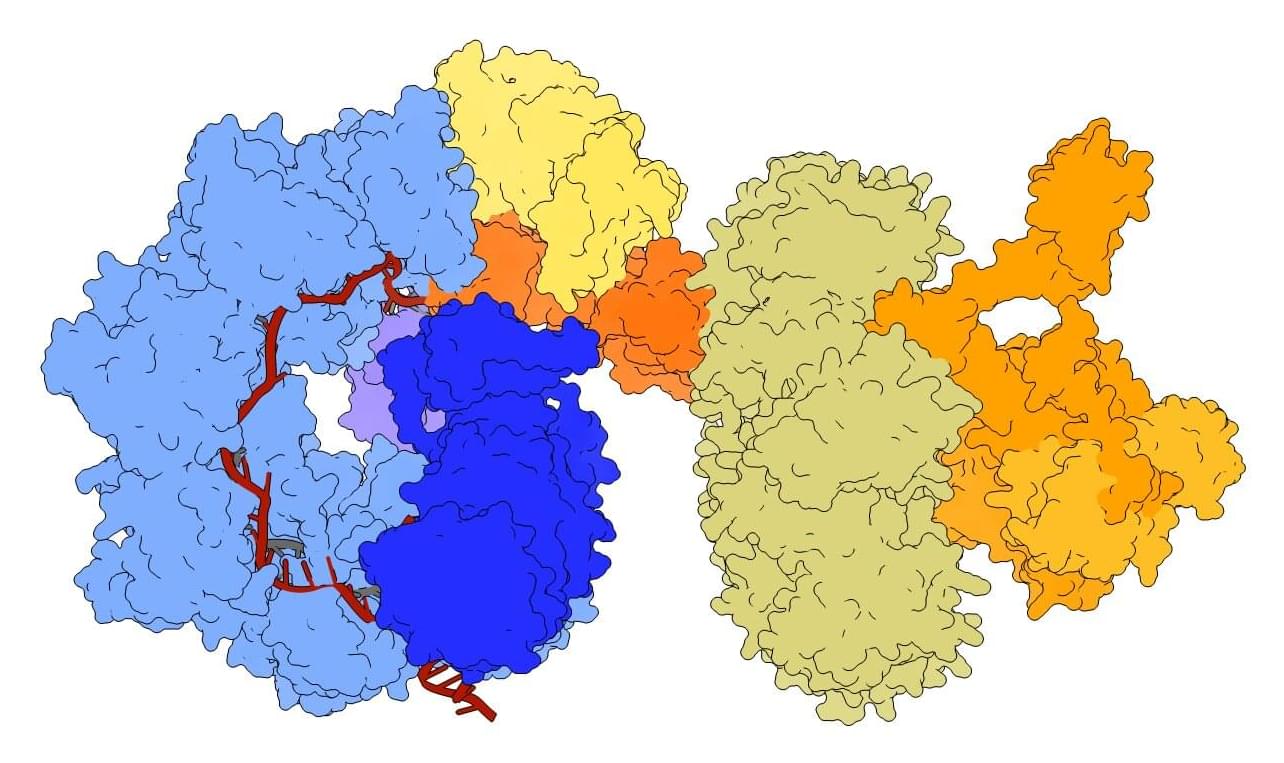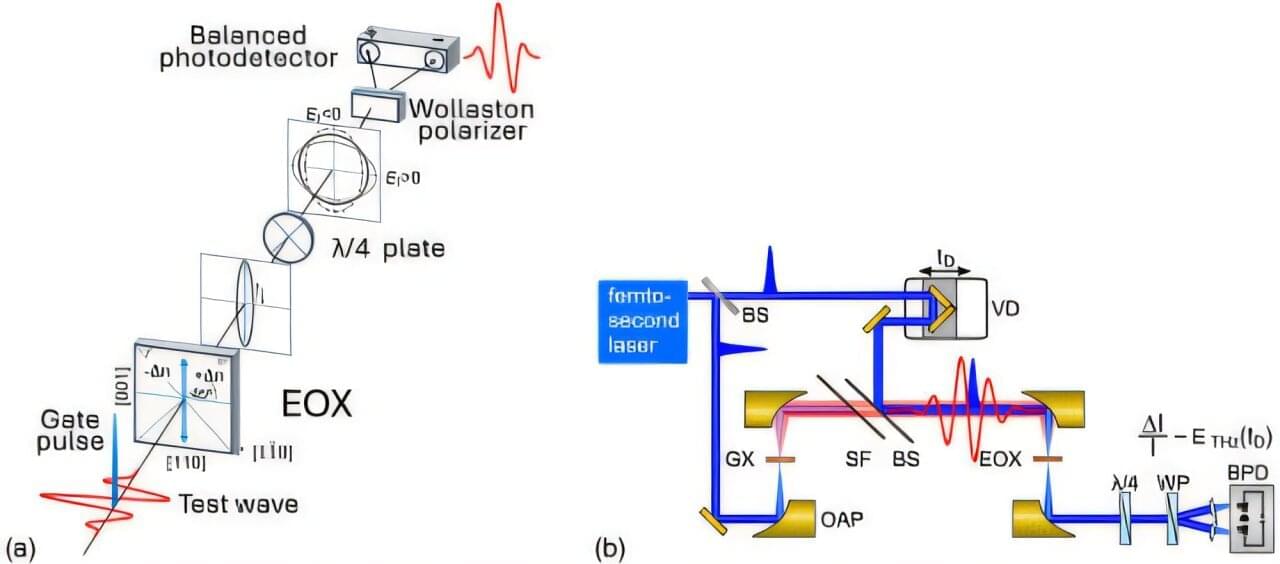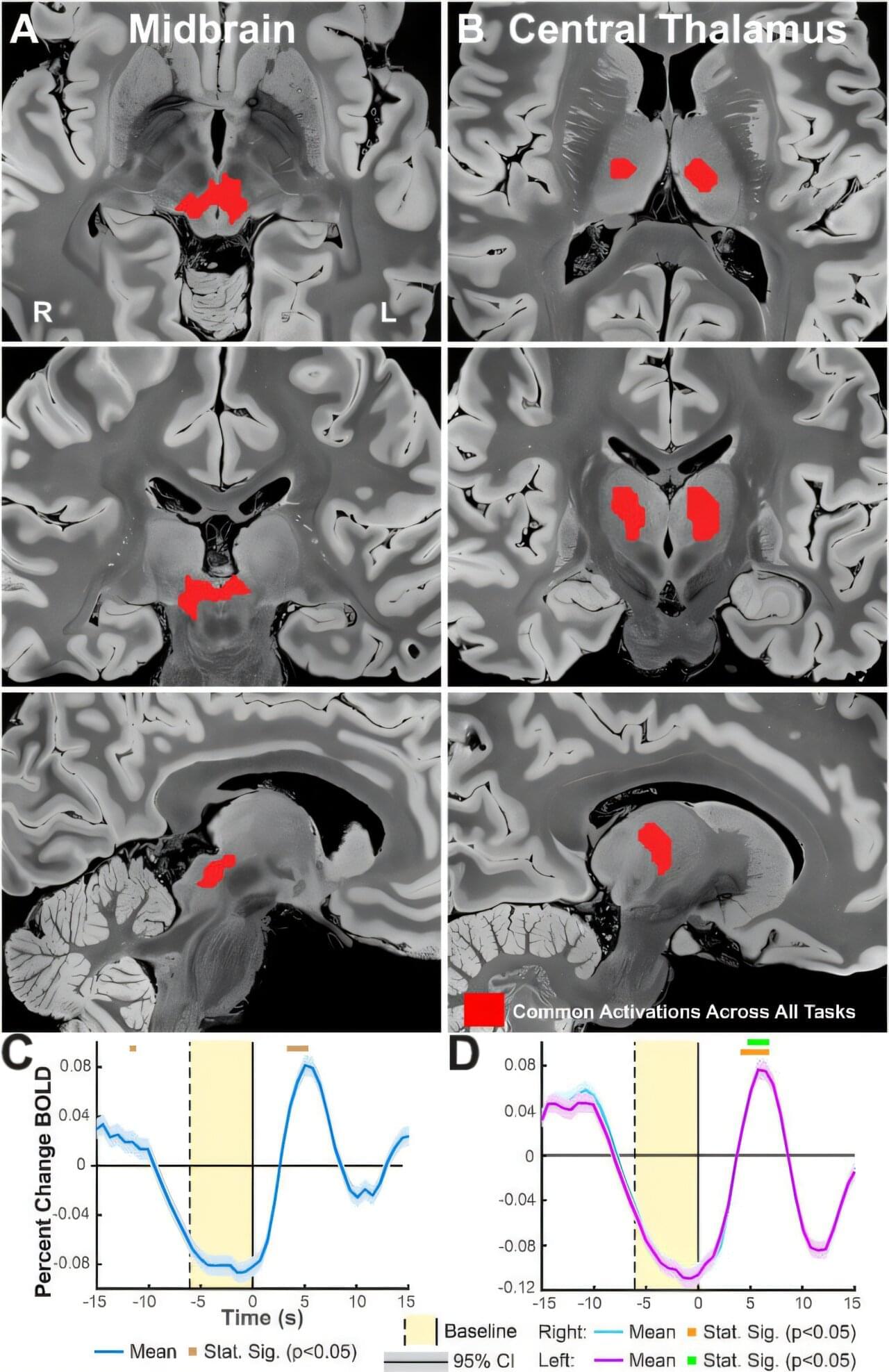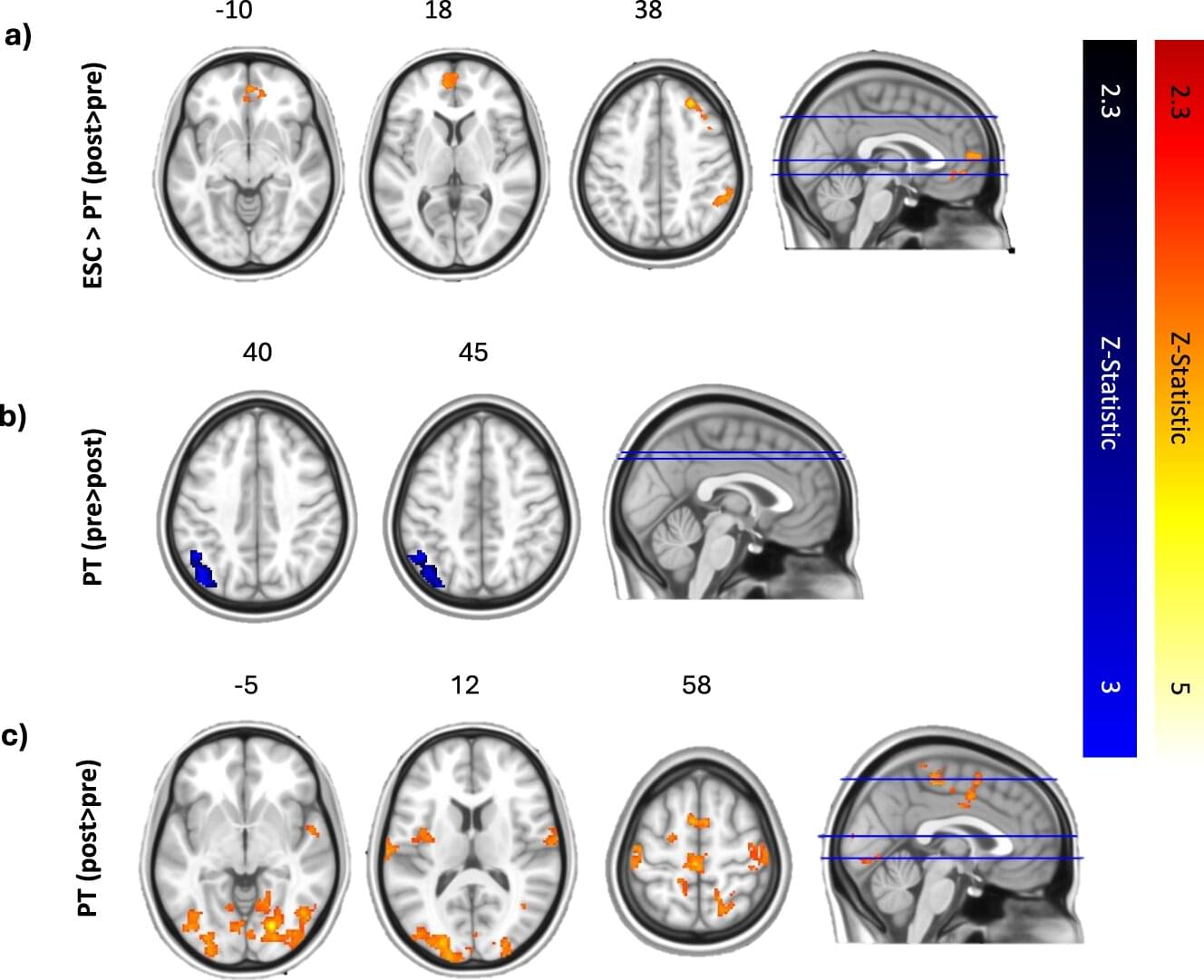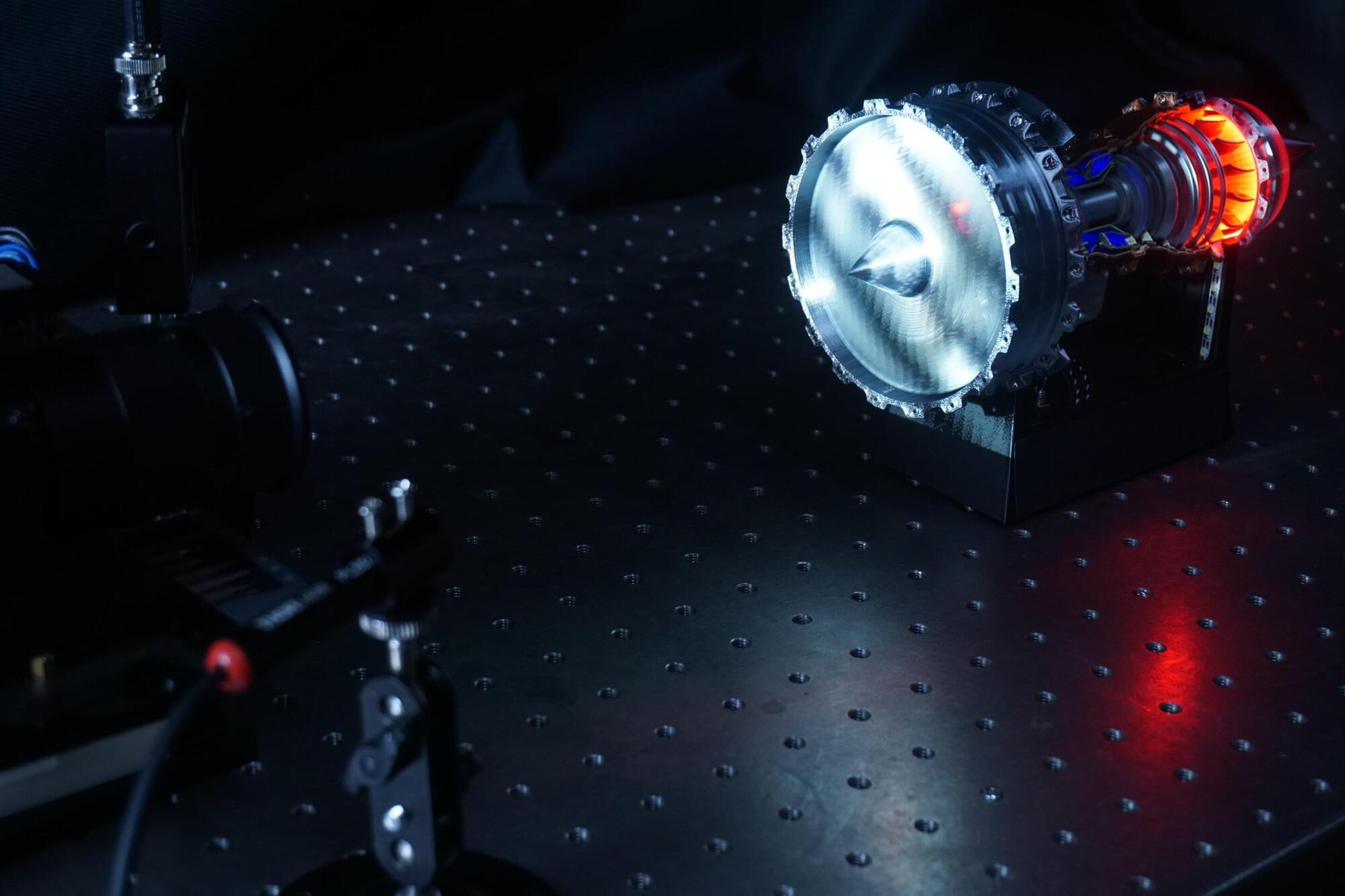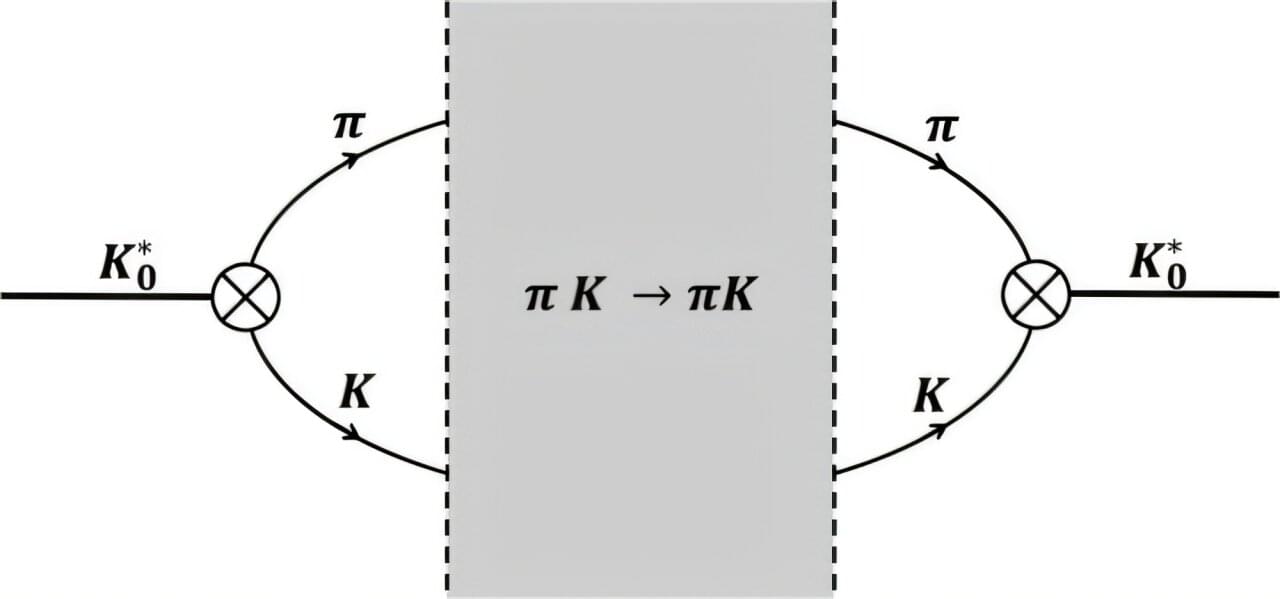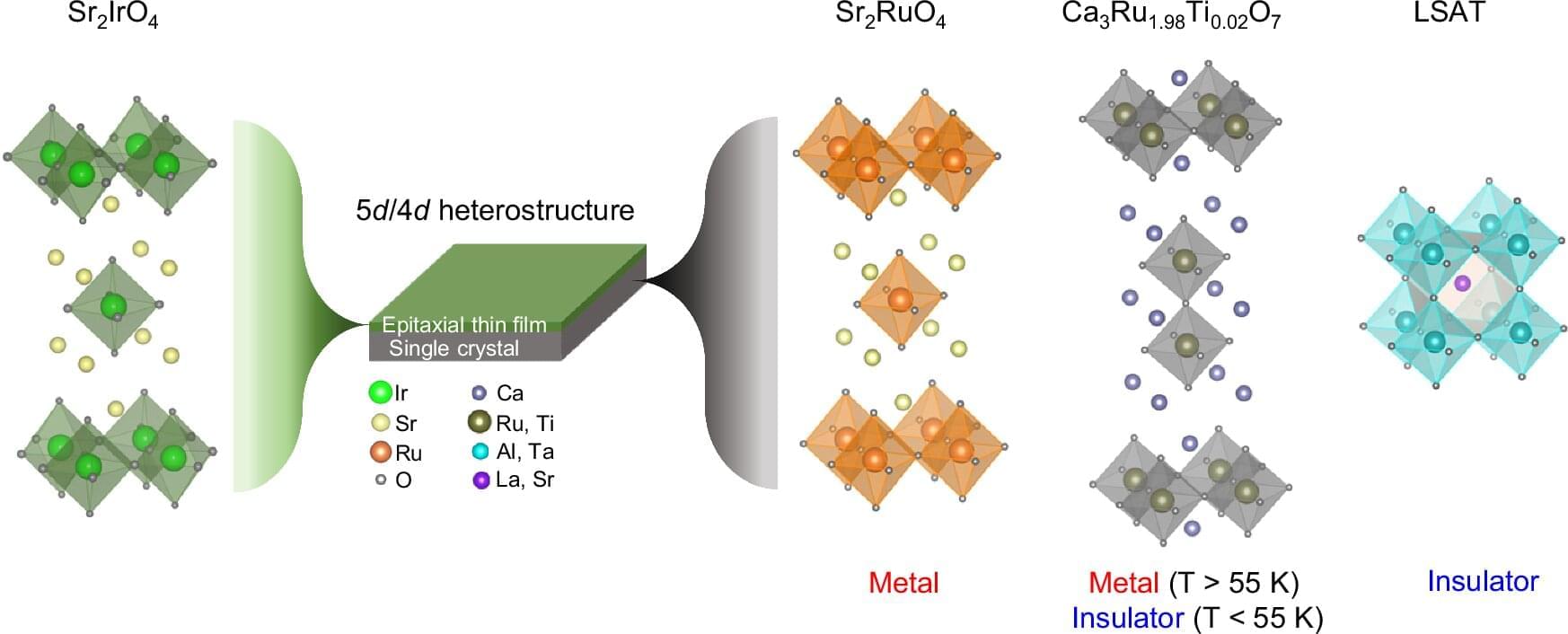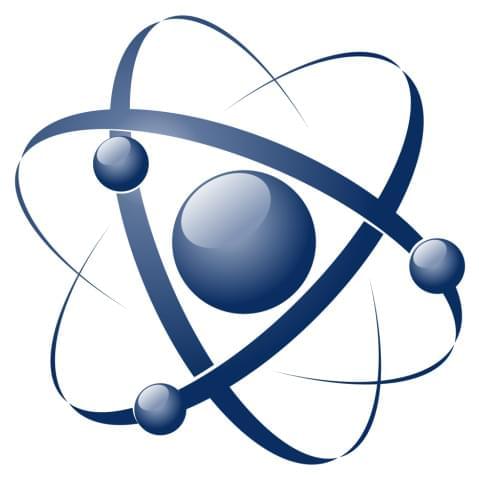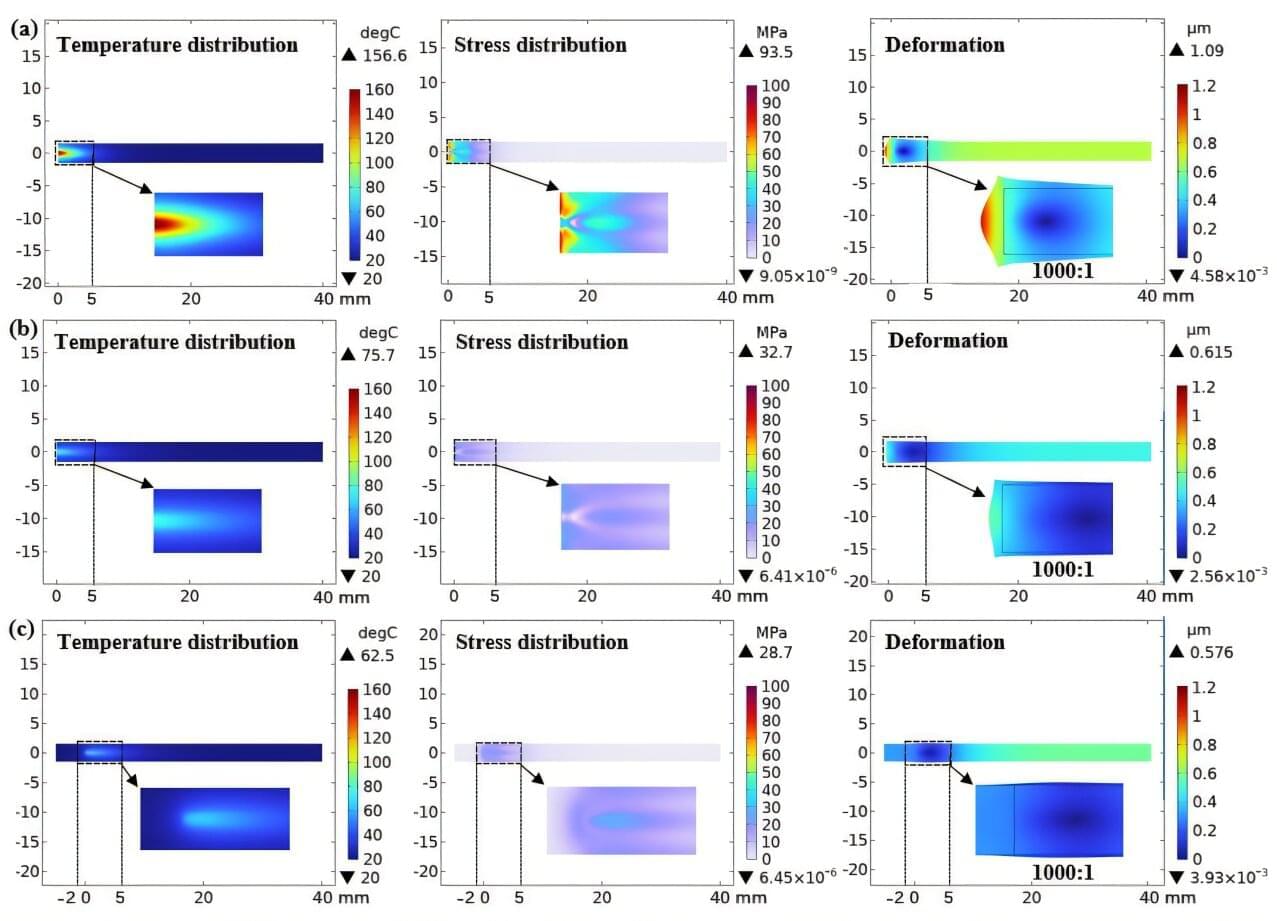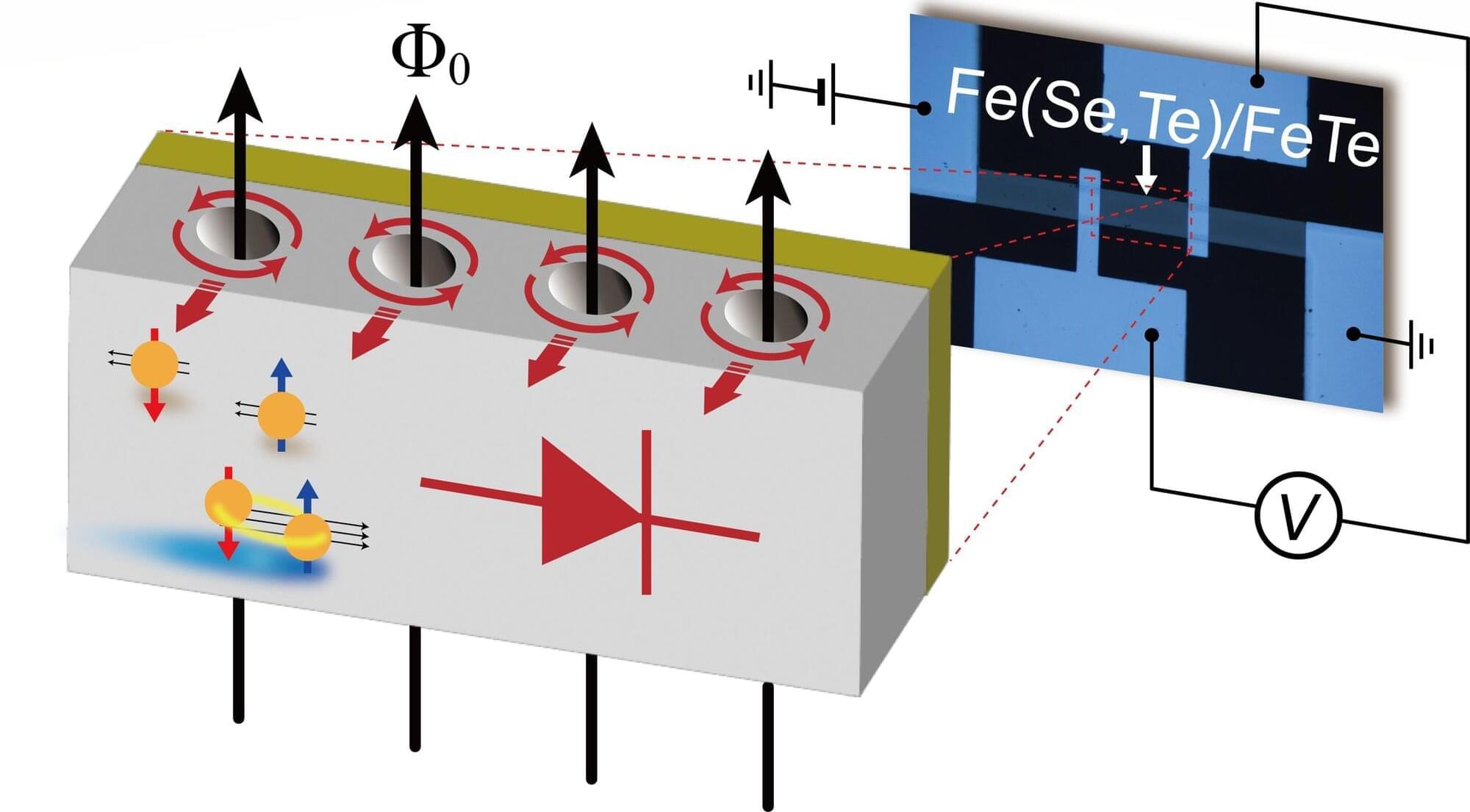Ask scientists which gene-editing tool is most needed to advance gene therapy, and they’d probably describe a system that’s now close to realization in the labs of Samuel Sternberg at Columbia University Vagelos College of Physicians and Surgeons and David Liu at the Broad Institute of MIT and Harvard.
The gene editor—called evoCAST—goes a long way toward solving a problem that has confounded the development of gene therapies from the field’s beginnings: How to add long stretches of DNA to defined locations in the human genome without creating unwanted modifications.
The latest iteration of the editor, which utilizes complex enzymes found in bacteria, can be programmed to insert an entire gene—or multiple genes—into a specific location in the human genome with an efficiency suitable for gene therapy. Details of the editor are described in a paper published in Science.
